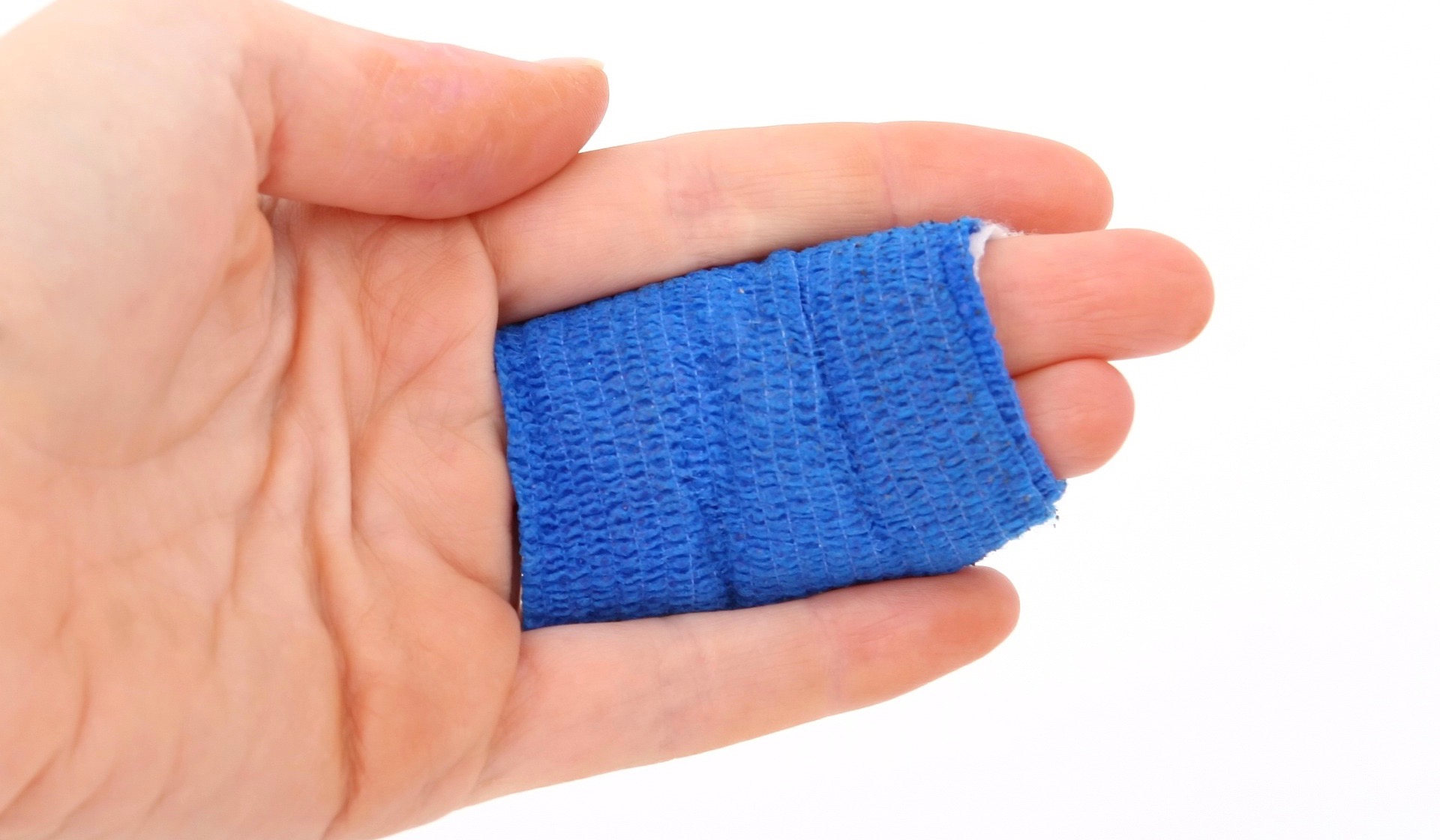The Kraków solution is intended to protect patients with psoriasis from mechanical skin damage and prolong the action of topical medicines. This will reduce the discomfort caused by the disease and the cost of treatment.
“We are working on bio-hybrid hydrogel materials with incorporated nanocarrier-drug system. To put it simply, it means that we want to create transparent patches, to which we will introduce a nanocarrier (a chemical emulsion – PAP) containing the drug (one of the existing drugs – PAP)” – says project leader Dr. Katarzyna Bialik-Wąs from the Faculty of Chemical Engineering and Technology of the Cracow University of Technology.
She adds that it will be an innovative solution, because today various types of ointments containing corticosteroids, vitamin D3 analogs, tar, retinoids, are used in the topical treatment of psoriasis. “An important drawback of this type of supplying the affected areas of the skin is the necessity of frequent application of the drug, low effectiveness, and often short-term effect. The solution to these problems may be the use of materials on which we are working” – the scientist explains.
Transparent patches containing the emulsion and drug will be an innovative dressing. “Thanks to this combination (bio-hybrid hydrogel material, nanocarrier with the drug) we will create a new type of dressing with an innovative system of application of medicinal preparations used in psoriasis therapy” – says Katarzyna Bialik-Wąs.

She adds that such a material will provide protection against mechanical damage and a suitable environment for the skin affected by psoriasis, and the dual drug release system will allow for a gradual delivery of the active substance to the affected skin. This will extend the therapeutic effect of the drug and reduce the cost of treatment, because dressings of this type can remain on the skin for up to seven days.
The completion of work is planned for December 2021. But the introduction of hydrogel materials to the market will still require in vivo and clinical trials.
It is estimated that psoriasis affects about 2-5 percent people worldwide, about 140-210 million patients. The disease manifests itself with bothersome skin lesions of varying severity and extent. Areas affected by the disease are covered with unsightly spots, reminiscent of scales, and with callous epidermis. They are often accompanied by inflammation, itching and difficult to heal wounds.
“Until now, no effective way to treat the disease has been found. Scientists and physicians focus on finding the best ways to alleviate its symptoms in order to improve the quality of life of patients. We hope that our work will also contribute to this” – said the research project leader.
Kraków chemists received PLN 1.2 million from the “Lider” program of the National Centre for Research and Development for the project “Development of a method for the preparation of bio-hybrid hydrogel materials with incorporated nanocarrier-drug system as multi-compartmental dressings enabling the treatment of psoriasis”. (PAP)
author: Beata Kołodziej
The text was originally published at the website “PAP Science in Poland”
Do you have an interesting story to tell? Write to us: contact@innovatecee.com









